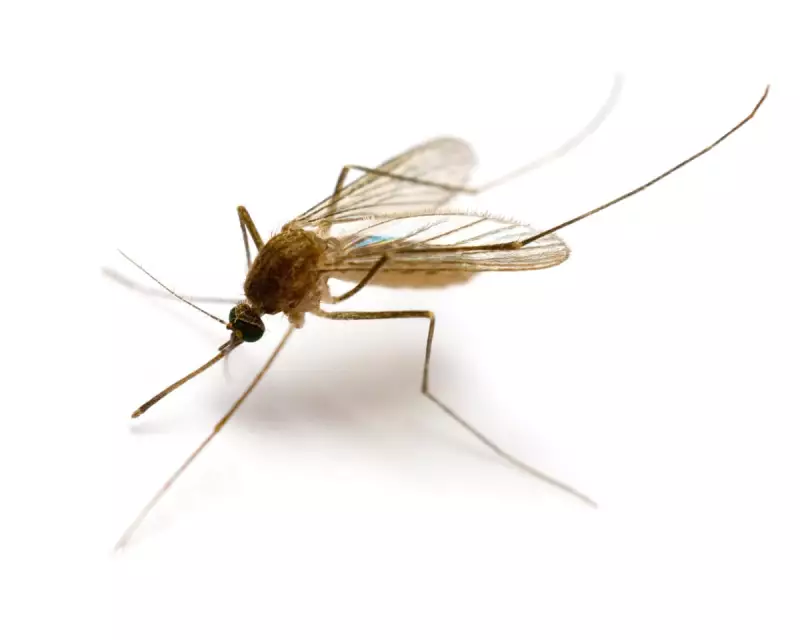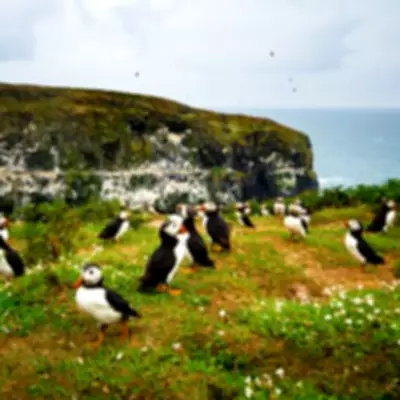
In a development that reads like science fiction becoming reality, Iceland has recorded its first-ever mosquito populations – a direct consequence of the accelerating climate crisis transforming the nation's environment.
Researchers confirmed the alarming discovery after finding mosquito larvae in several locations across the country this autumn, marking a historic and concerning shift in Iceland's ecosystem.
Why Iceland Was Once a Mosquito-Free Haven
For centuries, Iceland's harsh climate served as a natural barrier against mosquitoes. The country typically experiences three major freezing and thawing cycles each year, which previously prevented mosquito eggs from surviving. When larvae began developing in temporary thaw periods, subsequent freezing events would wipe them out completely.
However, rising temperatures have disrupted this natural cycle, creating stable conditions that allow mosquitoes to complete their life cycle for the first time in recorded history.
The Climate Connection: Warming Arctic, Changing Ecosystems
Scientists are unequivocal about the cause behind this ecological shift. 'This is not a random occurrence but a clear signal of climate change in action,' explained one researcher involved in the discovery.
The Arctic is warming at nearly four times the global average rate, and Iceland's temperatures have risen significantly in recent decades. This warming has:
- Extended mosquito breeding seasons
- Reduced lethal freezing events
- Created more standing water habitats
- Enabled insect species to survive in previously inhospitable regions
What This Means for Iceland's Future
The arrival of mosquitoes represents more than just a nuisance for residents and tourists. It signals fundamental changes to Iceland's public health landscape and ecosystem stability.
While the current mosquito species aren't known to carry diseases like malaria in this region, their presence opens the door to potential future health concerns as warming continues and other species potentially follow.
This development serves as a stark reminder that no corner of our planet remains untouched by the climate crisis, with even the most isolated ecosystems now showing visible signs of transformation.





